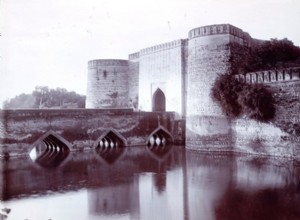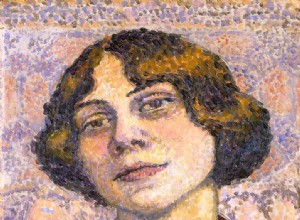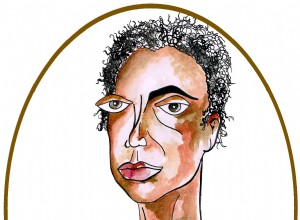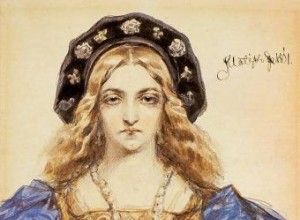After conquering the fort of Thun, Sawai Jai Singh tied the pag of Sardari on the head of Badan Singh on 2 December 1722, tilaked him like a king and honored him with the rank of Thakur by giving Pacharangi Nisan with five costumes. Thus Badan Singh became the Khidmati Jagirdar of the Kachhwahas. Ba




